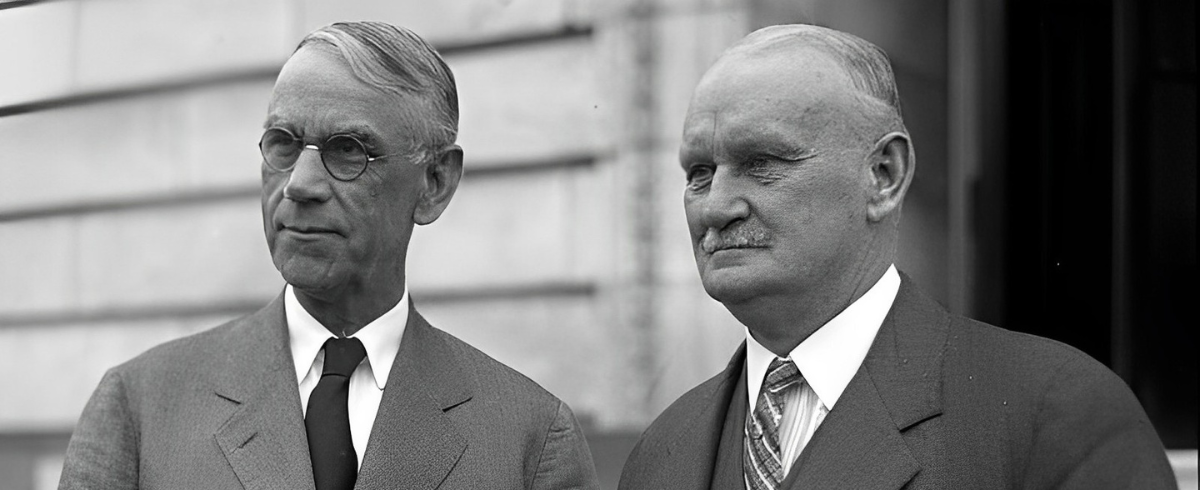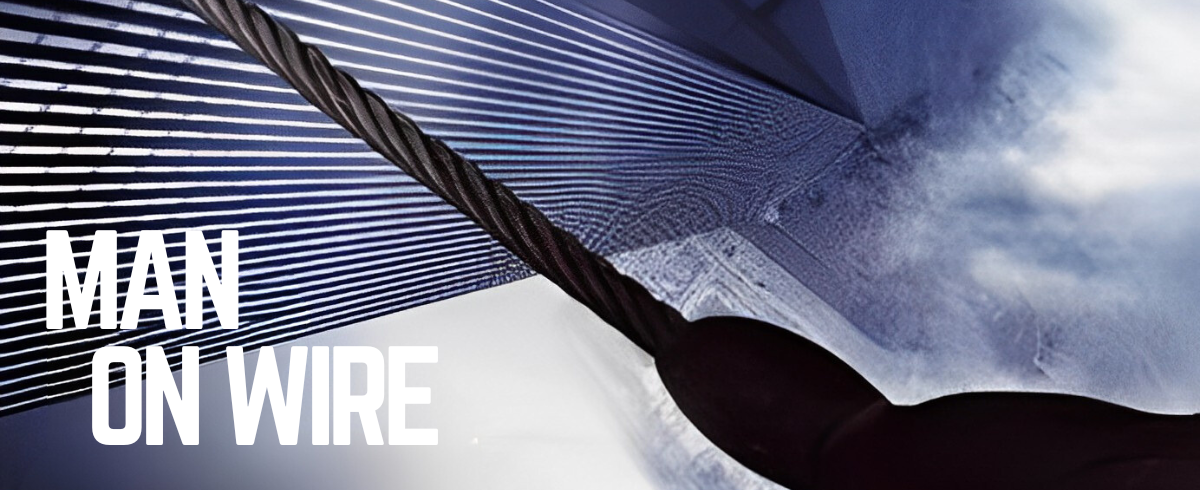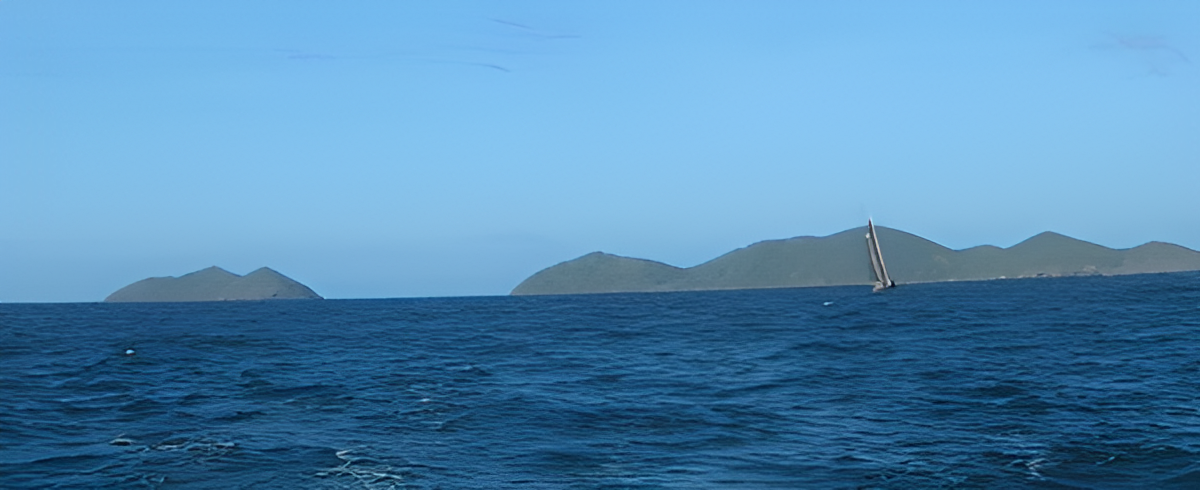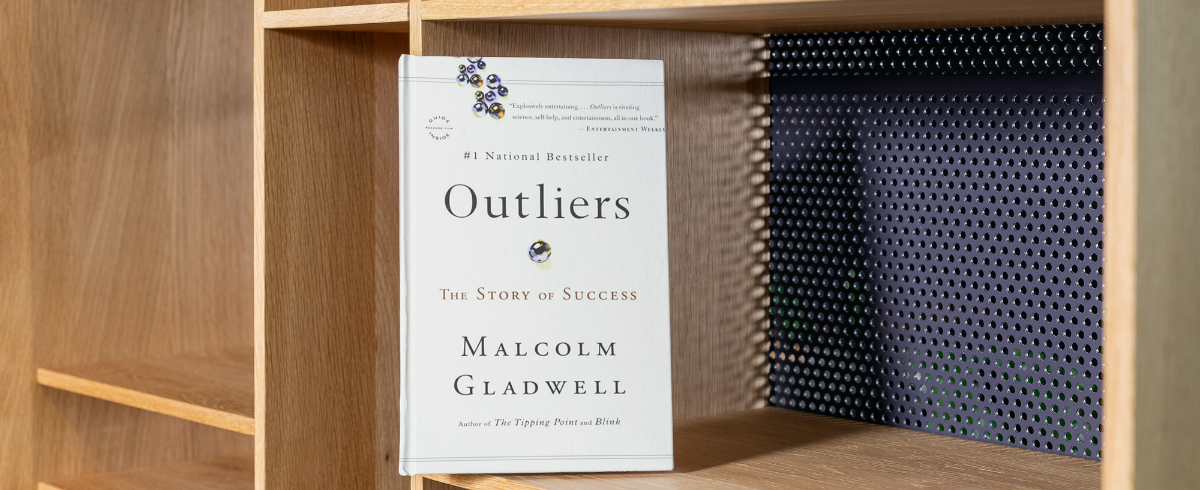The story of the Smoot-Hawley Tariffs should be a cautionary tale to present-day policymakers. The tariffs did not cause the Great Depression, but they deepened its severity and duration. All of the economists of the time opposed the measure, to no avail. As the House and Senate debated the bill, they barely considered the potential response from other countries. The tariffs were passed, leading to global retaliation. Global trade plunged from $5.3 billion in January 1929 to $1.8 billion in June 1933.
In difficult times, despite the lessons from the past, politicians always find it tempting to prop up domestic jobs and incomes with export subsidies, import tariffs, and cheaper currencies. In today’s globalized economy with far-flung supply chains and just-in-time delivery, it would take much less than the Smoot-Hawley Tariffs to disrupt trade.
In November the leaders of the G20 group of big, rich and emerging economies promised to eschew any new trade barriers for a year. Within days, Russia and India raised tariffs on cars and steel respectively. It has actually been surprising how few direct protectionist calls there have been so far in the US even though tariffs are currently low enough that on average they could triple without breaking WTO rules. It may be that to avoid appearing protectionist, politicians won’t increase tariffs but will resort to other means. Global competitive industrial bailouts are currently the main source of concern.
Unfortunately, large bank bailouts are unavoidable as businesses and consumers need credit to function. While the economy cannot operate without an effective banking system, the same cannot be said of other commercial institutions, be they in services or manufacturing.
There have been mostly calls to bail out companies in manufacturing, but the distinction between services and manufacturing is largely artificial. Designers, analysts, the sales force, and financial support staff at Rolls Royce, an aero-engine maker in “manufacturing”, do the same jobs as their counterparts at ARM, which designs, sells, and markets its processors, but is in “services” because other people make its processors. The distinction owes more to government statisticians than anything else.
Regardless, a bailout is a discriminatory subsidy. It’s very possible that bailouts in one country will lead to bailouts in other countries. As during the Smoot-Hawley Tariff discussions in Congress, the global response to bailouts such as the one for the Detroit automakers has not been considered. Nicolas Sarkozy has already said that Europe would become an “industrial wasteland” if it does not follow the US’s lead in propping up manufacturers.
A global misallocation of capital, throwing good money after bad through bailouts and thus by definition under-allocating capital to promising companies, would deepen and lengthen the severity of the current downturn much as the Smoot-Hawley Tariffs did during the Great Depression.
On the bright side, the current administration seems pragmatic and I am still hopeful that the bailouts will be limited and that politicians will have the courage to let failed companies die.
Fingers crossed!






